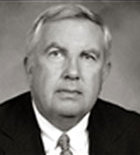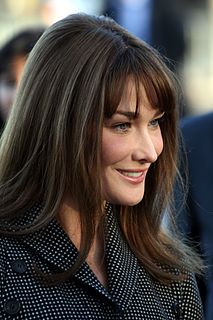A Quote by Robert Kurson
I had an advantage over a lot of people who had gone to school and earned degrees in writing and had learned the rules for writing, so to speak. My style was just to tell a story but to tell it well, and that has worked out for me so far.
Related Quotes
And I felt more like me than I ever had, as if the years I'd lived so far had formed layers of skin and muscle over myself that others saw as me when the real one had been underneath all along, and I knew writing- even writing badly- had peeled away those layers, and I knew then that if I wanted to stay awake and alive, if I wanted to stay me, I would have to keep writing.
In the early days, Porter Wagoner would not exactly scold me, but he's say, 'You're writing too many damn verses. You're makin' these songs too damn long.' And I'd say, 'Yeah, but I'm tellin' a story. I have a story to tell.' And he'd say, 'Well, you're not going to get it on the radio.' If I start writing a song, I'm writing it for a reason. People would say that I had to have two verses, and a chorus, and a bridge. I tried to learn that formula.
I spent almost two years working on this book ['March'] before we ever had a publisher, before we ever had a title. And when you're reading it, and you're writing it, and you're ingesting it, sometimes a single word just comes up over and over and over again. And if you're trying to capture the essence of what it is you're trying to tell, you don't have a whole lot of space.
People have taught me what most doctors don't learn, in other words, when somebody does better than expected, the doctor will tell them they're doing very well and to keep it up. I learned to say, "You didn't die when you were supposed to so what's going on?", and they always had a story to tell me.
The main rule of writing is that if you do it with enough assurance and confidence, you’re allowed to do whatever you like. (That may be a rule for life as well as for writing. But it’s definitely true for writing.) So write your story as it needs to be written. Write it honestly, and tell it as best you can. I’m not sure that there are any other rules. Not ones that matter.
I honestly would tell anyone young to start looking at stories and learning story, because I think that’s the next step after people go, ‘OK, I’ve had enough of that improvisation, I’ve had enough of those short comedy bits. Tell me a story, tell me a more complex story, something that lasts and maybe has a little more meaning to it.’ Don’t ever look at what’s happening now; look at what’s coming next.
Now I'm not going to go, "Oh my God, what are people saying about me?" I had a choice to be a student and not become a model, and becoming a doctor was another one of my dreams. I had a choice between not becoming a singer or becoming a songwriter and writing behind the scenes; nobody would have seen me writing songs for other people. I had the choice of not marrying my man; we could have just been hidden lovers, but I couldn't cope with it. I had these choices to do all these things, so I'm not going to cry over a life which has been really lucky.
Over the years, there certainly have been plenty of ideas that I've had and given up on, but for this one, the only thing that was standing in its way was me doing it - I just had to write it... And then if it didn't happen, it didn't happen. But I didn't want it to be for lack of effort on my part, so I had hunch that it would be a good story and that we would work well together. And it certainly worked out that way.
When I was writing the memoir, every page was a battle with myself because I knew I had to tell the truth. That's what the memoir form demands. I also had to figure out how much of the truth do I tell, how do I make the truth as balanced as I possibly can? How do I make these people as complicated and as human and as unique and as multifaceted as I possibly can? For me, that was the way I attempted to counteract some of that criticism.
The ideas always have to be in service of the story. And that's what Scott and the writers did - they weren't trying to beat you over the head with an idea; they had a story they wanted to tell, and they had ideas, so they used the story as a way of fleshing out the ideas. It all depends on where they want to go with it.

































